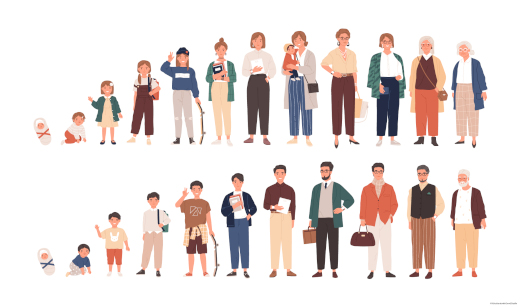Older generations are often reported to more likely be opposed to or having less tolerance towards migration, although elderly people can also benefit from immigration’s positive impact on the fiscal sustainability of pensions and health systems and lower costs of social care. In this blog I ask what research tells us about generational differences in attitudes to immigration: are older generations really less tolerant of immigrants and immigration?
Why are there generational differences in attitudes to immigration?
While research shows that attitudes to immigration vary across generations, there is less agreement and ongoing debate about how and why age affects attitudes. Scholars have offered various theories and explanations for the ‘age gap’ in immigration attitudes. One explanation is that aging or changes over the life cycle produce differences between age groups. As people age, judgments and evaluations of social reality change. Biological and physiological processes that change with age affect people´s cognitive abilities. They can lead to stronger prejudice among older adults because they have a reduced capacity to inhibit biased associations that come to mind automatically. This argument rests on strong assumptions about an existing underlying overall prejudice that people are either better or worse at hiding with age which, in my view, does not seem very plausible.
A different theory, the so-called “life-cycle argument”, suggests that as people age they occupy different positions in the social structure, change roles, relationships and status, and therefore also their attitudes. Yet, research has shown that attitudes to immigration are based on an affective and symbolic rather than rational basis and they have been found to be remarkably stable over time and robust to major economic and political shocks.
This is a part of a blog post by Lenka Drazanova.
